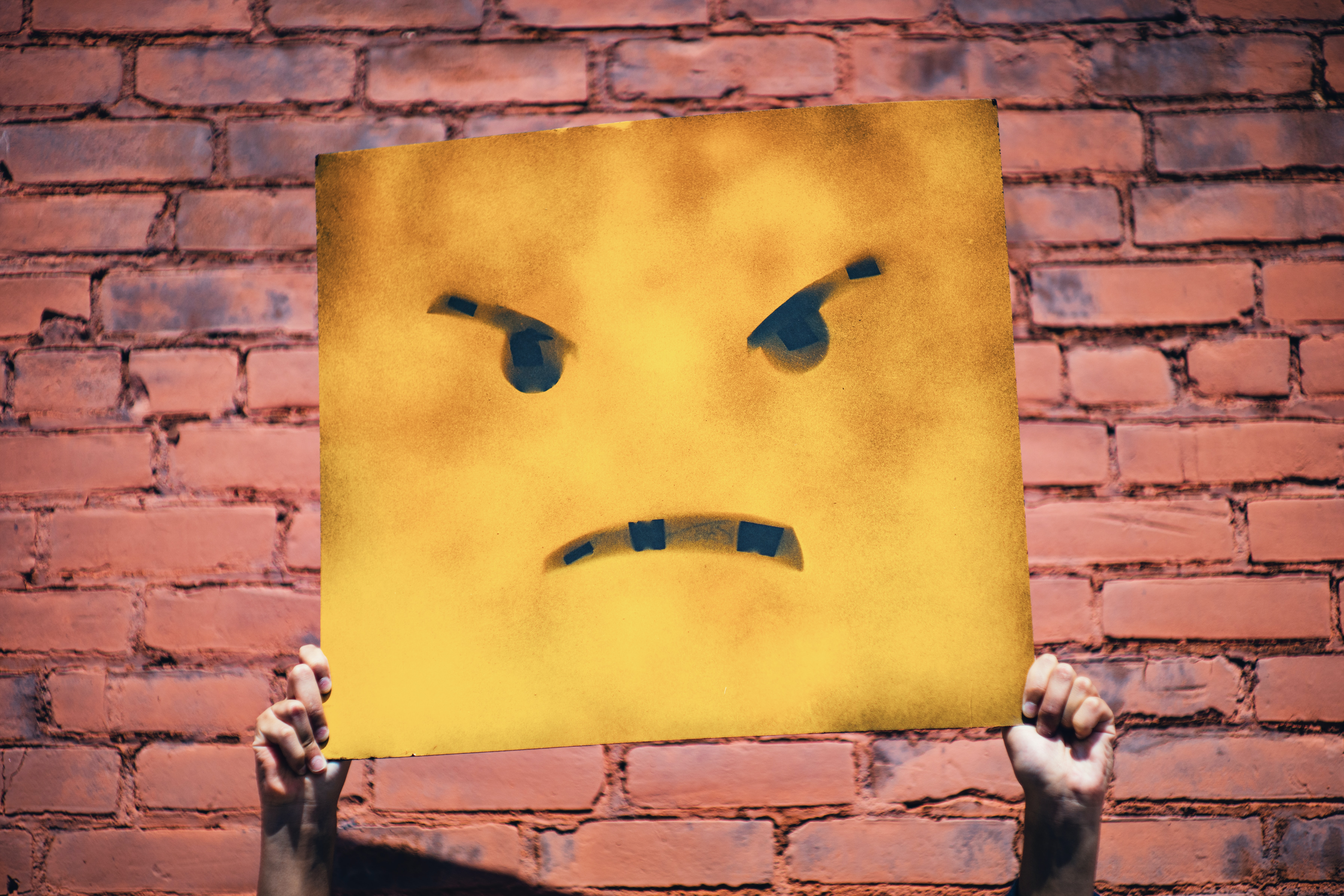Why some social media posts attract hate speech - and what to do about it
Medical Pharmaceutical Translations • Feb 13, 2023 12:00:00 AM

One of the worst things about using social media is getting hate speech in the comments section of a post. It happens to individuals, professionals, organizations, and awareness campaigns alike. But what can we do about it?
Recently, Dr. Bence Nanay published an article that shared findings from a study
featured in the January 2023 issue of scientific journal PNAS Nexus. The study aimed to determine whether certain words and phrases on social media attract more hateful comments than others.
Researchers chose to focus on one of the most popular social media platforms, Twitter. After analyzing more than 690,000 tweets and a staggering 35.5 million replies, they discovered that what they dubbed “moralized language” attracts the most hate speech in comments.
“Moralized language”, Nanay explains, are “words that refer to values and features of groups.” These can be terms like “community”, “victims”, or “violent”. Interestingly, the study didn’t take a tweet’s context into account, nor was it concerned with who was posting the tweet. Apparently, simply using these sorts of words is enough to draw the attention of combative users and trolls.
So, does this mean that anyone - including advocacy groups and awareness campaigns - who needs to use terms like these is at a high risk for hateful comments?
It seems like it.
That said, as anyone who’s used social media (or even lurked and read posts and replies) knows, hate speech can unfortunately crop up anywhere.
The prevalence of hate speech online is sort of a mixed blessing. Because it’s not a little-known issue, many experts and organizations have solid advice for how to deal with it.
Individuals who are targets of hate speech may take action like blocking accounts or disabling comments, both of which are perfectly understandable and probably best from a mental health perspective.
But when it comes to organizations and awareness campaigns, many sources advise against doing this, since it could be perceived by the public as censoring, rather than encouraging engagement and dialogue. When you consider that consumers today are looking for a feeling of connection with brands and campaigns, this makes more sense.
So if you can’t ignore hate speech or make it impossible, what can you do?
One thing experts recommend across the board is to report hate speech. Notify the social media platform’s moderators, giving them the name of the account and why the comment is hate speech. Include a screen shot if possible. Don’t just report: Ask the platform to take action.
For extreme cases, the UN (yes, online hate speech is such an issue that the UN has an entire page devoted to it - as does UNESCO) also advises contacting local anti-hate groups or even the police if the comment incites violence or otherwise breaks the law. In some countries, specific organizations are recognized by the government to deal with hate speech - for instance, Unia in Belgium. These should be informed as well.
Once you’ve done this, most experts advise organizations and awareness campaigns to reply to the hateful comment - but in a calculated way. Here are some particularly effective ways to do it:
● Use facts. Debunk the hateful comment with statistics or other hard facts, from reliable sources (be sure to cite them). This probably won’t convince the commenter to change how they think, but it will be read by everyone else looking at the comments section and is an effective way to inform your audience while nullifying the hateful comment in the process.
● Remember to attack the comment, not the person who wrote it. Call out the hate and avoid contributing to it by being aggressive or mean on a personal level.
● Consider using humor. Humor can be tricky, so if your organization doesn’t have anyone on hand who’s particularly skilled in this domain, you may want to try something else. But if you think you’re up to the task, here’s some inspiration:
In addition to offering advice for dealing with hate speech, the organization IMIX provides an excellent example of this by sharing a video that a local fire department posted in response to hateful comments they received on social media when they added a Pride flag to their profile. The video actually uses real comments their account received and makes them seem silly and an overreaction. The video ends with the phrase “Fires don’t discriminate and neither do we.”
● Show solidarity. Sincerity is something that consumers and social media users value - even, in some cases, demand. So in addition to fighting your own personal fight, experts advise showing that you stand with fellow victims. Depending on your organization or campaign, if appropriate, show support for those who have also been the targets of hate speech.
Another piece of advice that experts regularly suggest is probably the most important: Take a moment. Hate speech can cause an immediate reaction, and in a worst-case scenario, a hasty response could also end up qualifying as hate speech, or at least come off as mean and negative. The most effective responses require reflection.
See hate speech for what it is, but also, in a strange way, as something that can be used to your advantage. The right reply could turn hate speech into something silly, or best of all, a way for others to learn even more about your issue or organization.
Contact Our Writer – Alysa Salzberg
